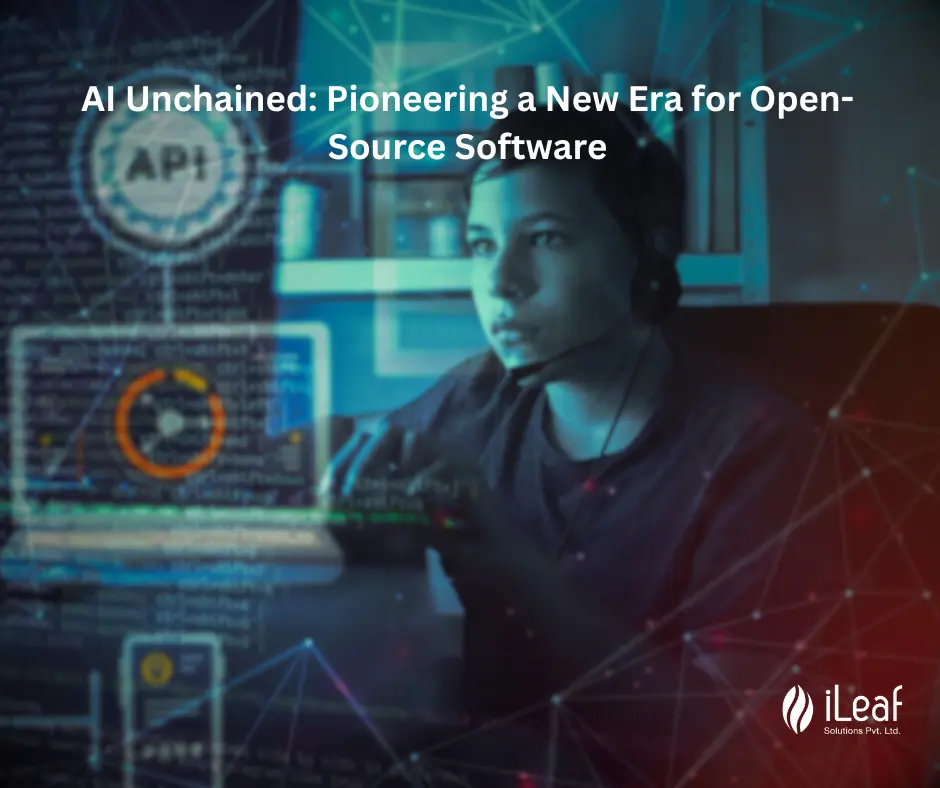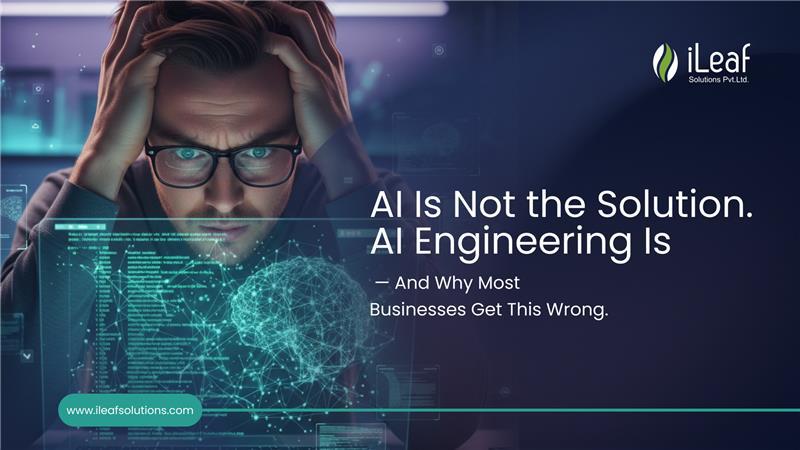AI Revolution in Open-Source Software: Transforming the Tech Landscape

In the ever-evolving world of technology, there is a force that is rapidly reshaping the landscape of open-source software development – artificial intelligence (AI). This powerful technology is not only transforming the way software is developed, but also revolutionizing the way businesses operate. From automating mundane tasks to enhancing user experiences, AI is helping organizations improve productivity and efficiency like never before. In this article, we will delve into the rise of AI in open-source software and explore the myriad ways in which it is shaping the future of technology. Join us on this exciting journey as we uncover the potential of AI and its impact on the tech world.
Understanding the concept of open-source software
Open-source software refers to computer software that is released under a license that allows users to study, modify, and distribute the software to anyone for any purpose. Unlike proprietary software, open-source software fosters collaboration and transparency, as the source code is publicly available. This collaborative approach has led to the growth of a vibrant community of developers who contribute to and improve open-source projects. The concept of open-source software has gained immense popularity over the years due to its numerous advantages, such as cost-effectiveness, flexibility, and the ability to customize software according to specific needs.
AI has found a natural home in the open-source software world, as it complements the principles of collaboration and transparency. By leveraging AI in open-source projects, developers can harness its power to automate repetitive tasks, optimize code, and create intelligent systems that can learn and adapt. This fusion of open-source and AI has resulted in exciting new possibilities for software development and has opened doors to innovation on a global scale.
The impact of AI on open-source software development
The impact of AI on open-source software development cannot be understated. AI algorithms and techniques have empowered developers to build smarter, more efficient software. By utilizing machine learning algorithms, developers can train models to recognize patterns, make predictions, and even generate code. This not only speeds up the development process but also enhances the quality and reliability of the software being produced.
One area where AI has made a significant impact is in the field of bug detection and fixing. Traditional software development often involves manual debugging, which can be time-consuming and error-prone. With AI-powered tools, developers can automate the process of identifying and fixing bugs, saving valuable time and resources. AI algorithms can analyze code repositories, identify patterns in bug reports, and suggest fixes based on previous solutions. This not only speeds up the bug-fixing process but also improves the overall stability and performance of the software.Another area where AI is revolutionizing open-source software development is in the field of natural language processing (NLP). NLP techniques enable software to understand and interpret human language, opening up possibilities for intelligent chatbots, voice recognition systems, and language translation tools. By incorporating NLP algorithms into open-source projects, developers can create software that can understand and respond to user queries, making interactions more intuitive and user-friendly.
Benefits of incorporating AI in open-source projects
The incorporation of AI in open-source projects offers a plethora of benefits for developers and organizations alike. One of the key advantages is the ability to automate mundane and repetitive tasks. AI algorithms can be trained to perform tasks such as code formatting, documentation generation, and test case generation, freeing up developers to focus on more critical aspects of software development. In addition to automation, AI can also enhance the user experience of open-source software. By analyzing user behavior and preferences, AI algorithms can personalize software interfaces, making them more intuitive and user-friendly. This level of personalization can lead to increased user satisfaction and adoption rates.Furthermore, AI can also improve the security of open-source software. AI algorithms can detect and analyze patterns in code to identify potential vulnerabilities and security loopholes. By integrating AI-powered security tools into open-source projects, developers can proactively identify and address security issues, reducing the risk of data breaches and cyber attacks.
Examples of successful AI-driven open-source projects
There are numerous examples of successful AI-driven open-source projects that have made a significant impact in the tech world. One such project is TensorFlow, an open-source machine learning framework developed by Google. TensorFlow has become one of the most popular tools for building and deploying machine learning models, enabling developers to create intelligent systems across a wide range of domains. Another notable example is OpenAI's GPT-3 (Generative Pre-trained Transformer 3), a state-of-the-art language model that can generate human-like text. GPT-3 has been open-sourced, allowing developers to explore its capabilities and build innovative applications that leverage its natural language processing capabilities. These examples demonstrate the power of AI in open-source software and the immense possibilities it brings to the table. By making AI tools and frameworks accessible to the developer community, organizations are driving innovation and fueling the growth of the tech industry.
Challenges and limitations of AI in open-source software
While AI holds great promise for open-source software, it also presents a set of challenges and limitations. One of the main challenges is the lack of quality training data. AI algorithms rely on large amounts of labeled data to learn and make accurate predictions. In the case of open-source software, obtaining high-quality training data can be challenging, as it often requires extensive manual labeling and annotation. Another challenge is the ethical considerations surrounding AI. As AI becomes more powerful and autonomous, questions regarding privacy, bias, and accountability arise. Open-source projects need to address these ethical concerns and ensure that AI algorithms are transparent, fair, and unbiased. Furthermore, the complexity of AI algorithms and models can pose a barrier to entry for developers who are not familiar with machine learning. To fully leverage the power of AI in open-source software, developers need to acquire the necessary knowledge and skills, which can be time-consuming and require a steep learning curve.
How AI is revolutionizing the tech world through open-source software
The revolution of AI in the tech world through open-source software is evident in the transformative impact it has had on various industries. From healthcare to finance, AI-powered open-source projects are driving innovation and reshaping traditional business models. In the healthcare industry, AI algorithms are being used to analyze medical images, detect diseases, and assist in diagnosis. Open-source projects such as PyTorch and Keras provide powerful tools for developing and deploying AI models in the medical field, enabling researchers and healthcare professionals to make more accurate and efficient diagnoses. In the finance industry, AI algorithms are being employed for fraud detection, risk assessment, and algorithmic trading. Open-source projects like Apache Spark and H2O.ai provide the infrastructure and tools necessary for building intelligent financial systems that can analyze vast amounts of data and make real-time decisions.
The impact of AI in the tech world goes beyond specific industries. AI-powered open-source projects are driving advancements in robotics, autonomous vehicles, natural language processing, and many other fields. The possibilities are endless, and the future of technology looks incredibly promising.
Future trends and possibilities of AI in open-source software
Looking ahead, the future of AI in open-source software is filled with exciting possibilities. One emerging trend is the democratization of AI, where AI tools and frameworks are becoming more accessible to developers of all skill levels. This trend will empower a broader community of developers to explore and experiment with AI, leading to a wider range of innovative applications and solutions. Another future trend is the integration of AI with other emerging technologies, such as blockchain and the Internet of Things (IoT). The combination of AI, blockchain, and IoT can create intelligent and secure systems that can learn, adapt, and interact with the physical world. Open-source projects that bring together these technologies will drive the next wave of technological innovation. Furthermore, as AI algorithms become more complex and powerful, there will be a growing need for tools and frameworks that facilitate the development and deployment of AI models. Open-source projects will play a crucial role in providing the infrastructure and resources necessary to support the growing demand for AI-powered applications.
Resources and tools for exploring AI in open-source software
For developers interested in exploring AI in open-source software, there are a plethora of resources and tools available. Online platforms such as GitHub and GitLab host thousands of open-source projects related to AI, machine learning, and deep learning. These platforms provide a rich source of code, documentation, and community support for developers looking to get started or contribute to existing projects. In addition to code repositories, there are also numerous online tutorials, courses, and forums that provide learning resources for AI and open-source software development. Websites like Coursera, Udacity, and Kaggle offer a wide range of courses and competitions that allow developers to learn and practice AI techniques in a hands-on manner. Finally, organizations and research institutions often publish research papers and technical documentation related to AI and open-source software. These resources provide valuable insights into the latest advancements and trends in the field, allowing developers to stay up to date and explore new ideas.
Conclusion
The rise of AI in open-source software is revolutionizing the tech world, transforming the way software is developed and reshaping the future of technology. By harnessing the power of AI, developers can automate tasks, enhance user experiences, and create intelligent systems that learn and adapt. While challenges and limitations exist, the potential of AI in open-source software is undeniable. As AI becomes more accessible and integrated with other emerging technologies, the possibilities for innovation are endless. The future of technology looks incredibly promising, and it is up to developers and organizations to harness the power of AI and drive the next wave of technological advancements in the open-source software community.














